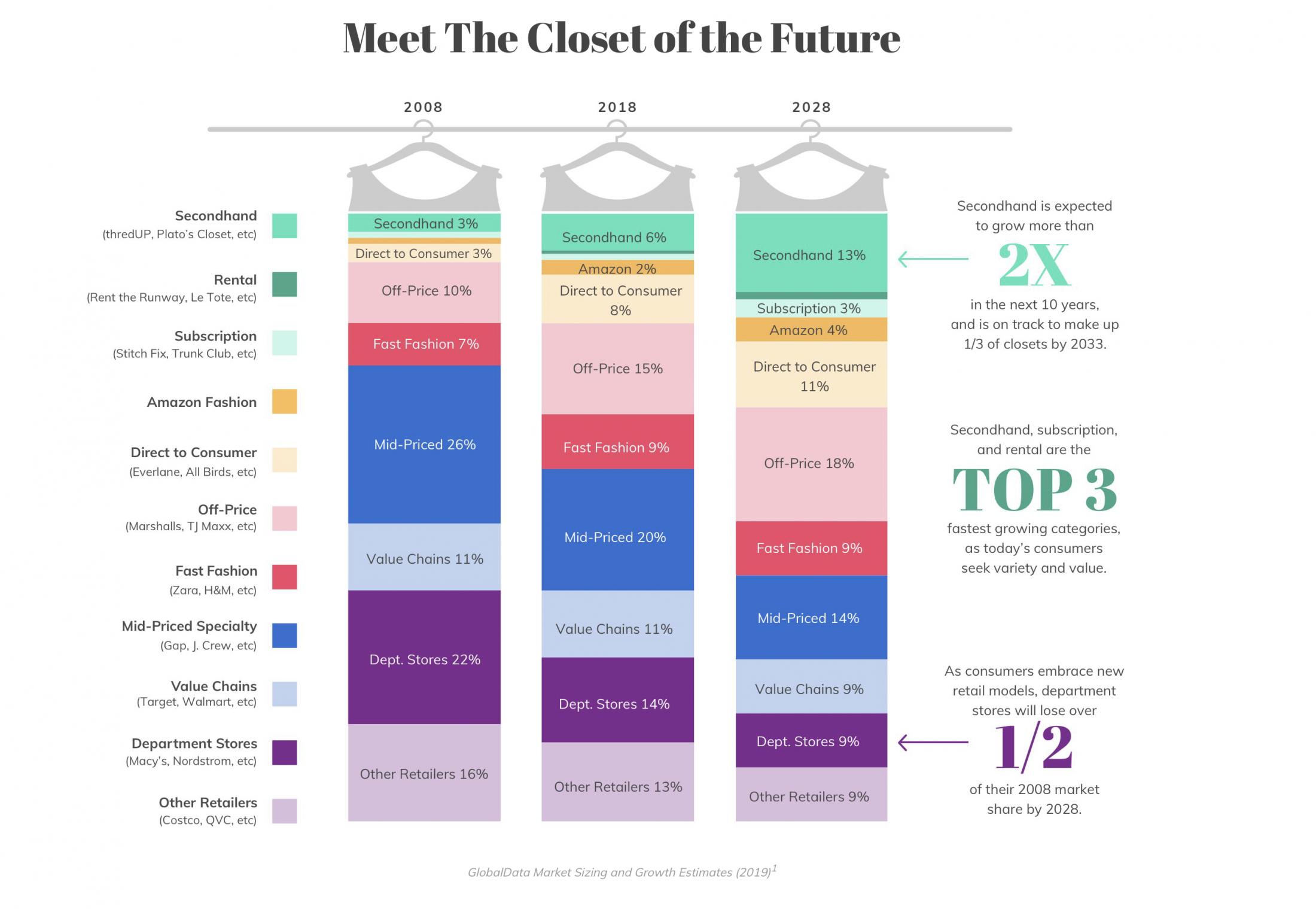A brand new car looks and smells good — but it’s never worth the price, says self-made millionaire and bestselling author David Bach.
“Nothing you will do in your lifetime, realistically, will waste more money than buying a new car,” he says. “It’s the single worst financial decision millennials will ever make.”
That’s because the moment you drive it off the lot, the vehicle starts to depreciate: Your car’s value typically decreases 20 to 30 percent by the end of the first year and, in five years, it can lose 60 percent or more of its initial value.
To make matters worse, “most people borrow money to buy that car,” says Bach. “Why would you borrow money to buy an asset that immediately goes down in value by 30 percent?”
The good news is, you can get a shiny, nice-smelling car without breaking the bank, Bach says: “Buy a car that’s coming off of a two- to three-year lease, because that car is almost brand new and you can buy it at that 30 percent discount.”
A car coming off lease is typically in very good condition and doesn’t have many miles on it. Because it’s not pristine, though, you can buy it for a fraction of what it would cost to buy it new.
If you’re still not convinced, Bach recommends thinking about how much a new car will cost you over the long run: “Here’s how the car companies get you: They want you to focus on monthly payments. And they’ll get those monthly payments

down to you where you can afford it.
“Don’t think about monthly payments. Think about annual payments. Think about the entire term of the loan.” And if you are still not convinced, checkout that famous BMW used-card advertisement, “you know you are not the first; but do you really care?”
If you are in that precarious situation of whether to head to the showroom and buy that car that will break your bank or to simply go online at dubizzle.com or carswitch.com or yallamotors.com; I hope you have been convinced to go the online way.
Now that was an easy decision; but what about other items that have been used…eh I mean “pre-loved”.
Let’s begin
Shoppers are increasingly turning towards secondhand clothing, new studies suggest. The market for pre-loved items could even become bigger than ‘fast fashion’ by 2029.
Is it in with the old, and out with the new? Two new surveys suggest that the secondhand clothing market could overtake the fast fashion movement before too long.
According to the latest annual fashion resale report by US secondhand clothing retailer Thredup, the market is booming. Thredup reports that, over the past three years, resale has grown 21 times faster in the US than ‘apparel retail’. The value of the secondhand market, which is currently worth $24bn (£18bn) there is expected to reach $51 billion (£39bn) in five years.
Thredup suggests that the resale market will overtake fast fashion if it continues to grow at this rate.

There is also a thrill in hunting online for what you want rather than being pushed by a sales assistant on the retail floor.

Here’s how your closet might look like in ten years.

Conclusion
Can a luxury possession that is bought second-hand can still be perceived as luxury or not?
The experience of luxury can be transferred from one owner to another in the second-hand markets. In fact, second-hand luxury possessions may hold even deeper meanings for their owners, and consumers develop even closer relationships with them than with brand-new luxury products. This is because the owners of second-hand luxury items appear to have more active and even empowered roles when acquiring these possessions, and therefore, the experience of luxury is co-created with the consumer(s), the luxury product, the luxury brand and the distribution channel.
To date, luxury goods have often been attached to the symbolic meanings that signal status for their owners. These symbolic meanings are traditionally seen as derived from exclusiveness that is often connected to the service experience. To contrast and complement this point, luxury experiences can also be constructed without the experience of exclusive service, as a second-hand luxury possession can signal meanings of luxury, especially with regard to signaling values and authenticity. In these cases, more emphasis is put on finding, consuming and possessing a luxury item, while the service retailer is left in a more minor role.
While the western world is already experiencing the boom in online shopping of pre-loved goods, with Vesitaire Collective boasting an online fashion community of more than 3.5 million shoppers, Vide Dressing a go-to site for buying and selling luxury, with 30,000 items selling per month, to name just a few; the Middle East region is getting a sense of pre-loved online luxury shopping with The Luxury Closet an e-commerce platform for pre-owned luxury goods, recently completing its growth funding round by securing additional capital that brings the total round to around $11 million.
Have you made your mind yet?
With inputs from Thredup


Leave a Reply